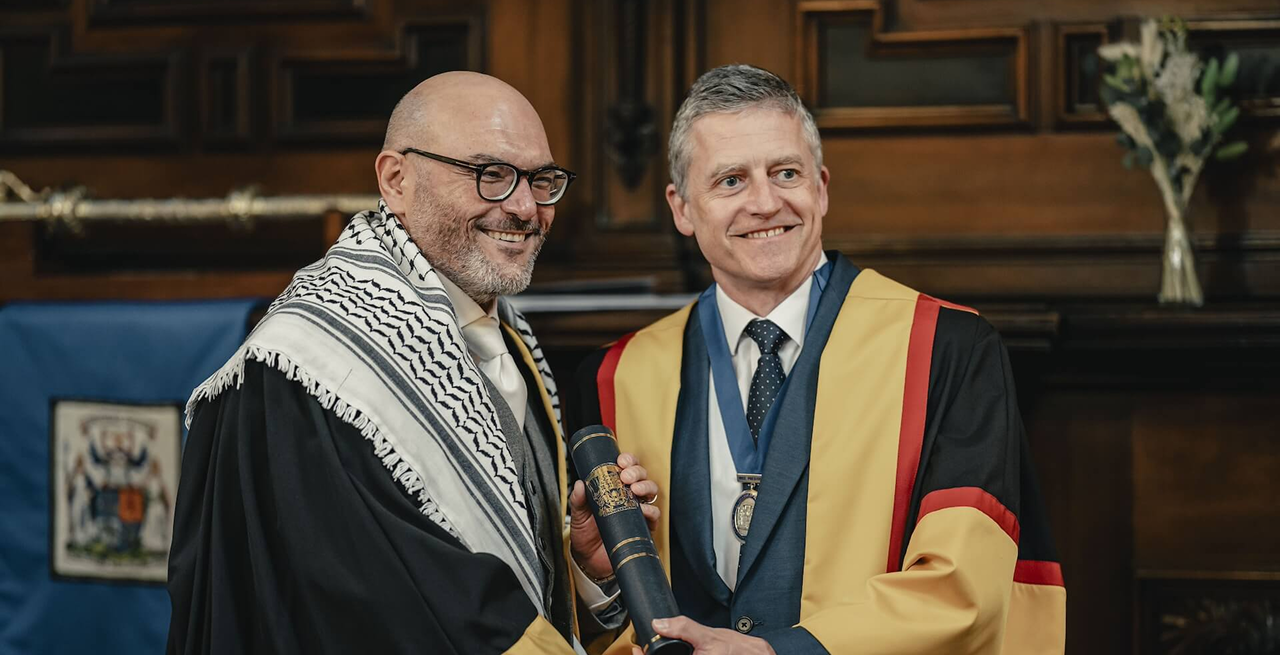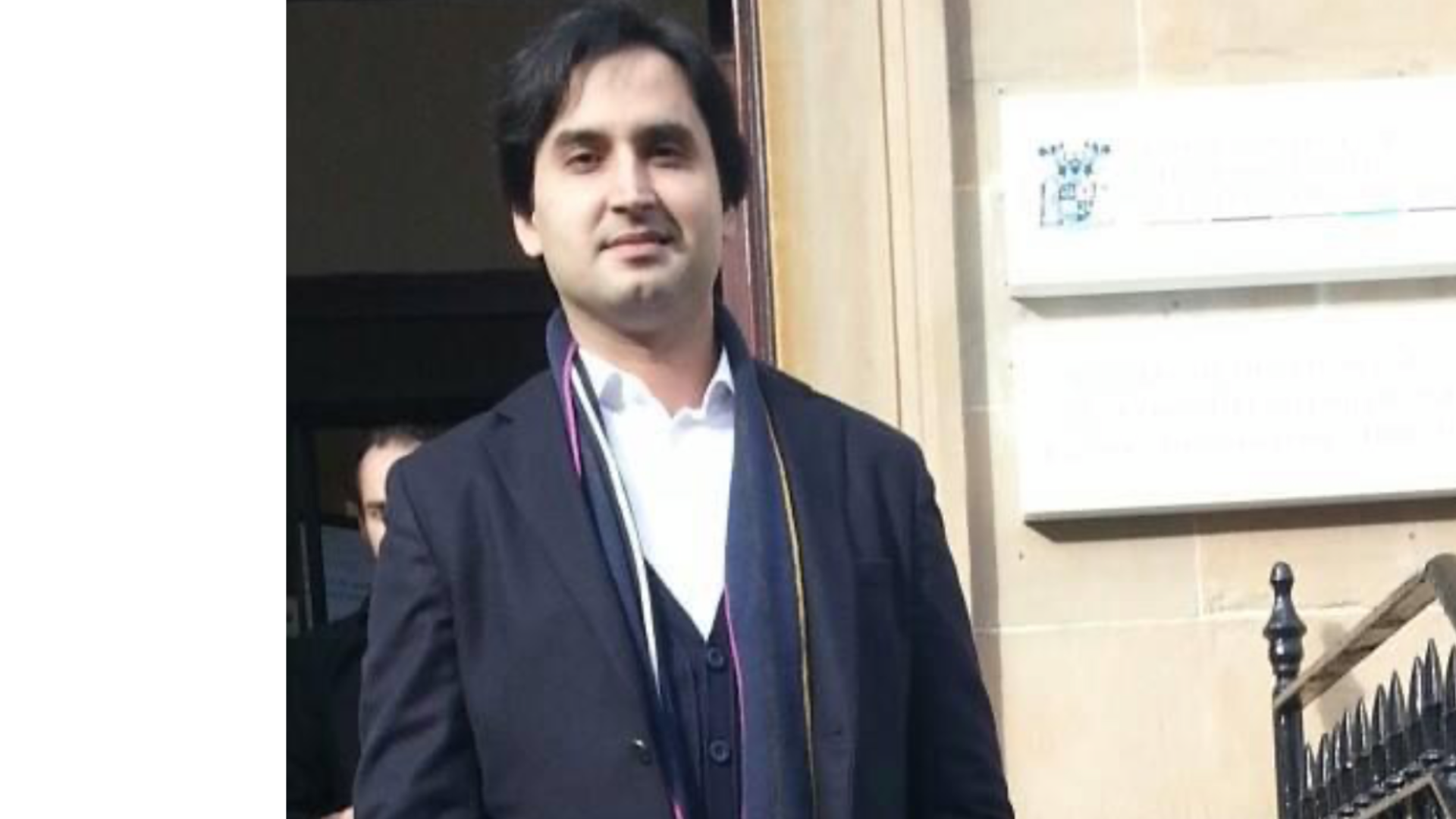Fellowship of the College empowers you to lead the conversation, set the standards and shape the future of your profession.
Fellowship is a mark of distinction that demonstrates your commitment to delivering high-quality patient care and your place as a senior leader in our College community. It enables you to take an influential role in health and to lead and influence change for the benefit of all.
You can become a Fellow if you:
Fellowship offers you opportunities to:
- Help shape national and international standards in education and training
- Contribute to College committees, policy work and clinical leadership
- Build your network with peers through events, webinars and professional groups
- Access tailored CPD, e-learning and leadership development resources
- Support the next generation of physicians through mentorship and education
Lifetime fellowship
- If you’re a long-standing Fellow of the College, you could be eligible for lifetime Fellowship
- For a one-off fee, you’ll retain your existing Fellowship plus join a group of senior Fellows
You can become a lifetime Fellow if you:
- You must be a current Fellow in good standing
- Have been in good standing for at least 10 years
- Be over 60 years old
- Fully retired from clinical practice

.png)




.png)
